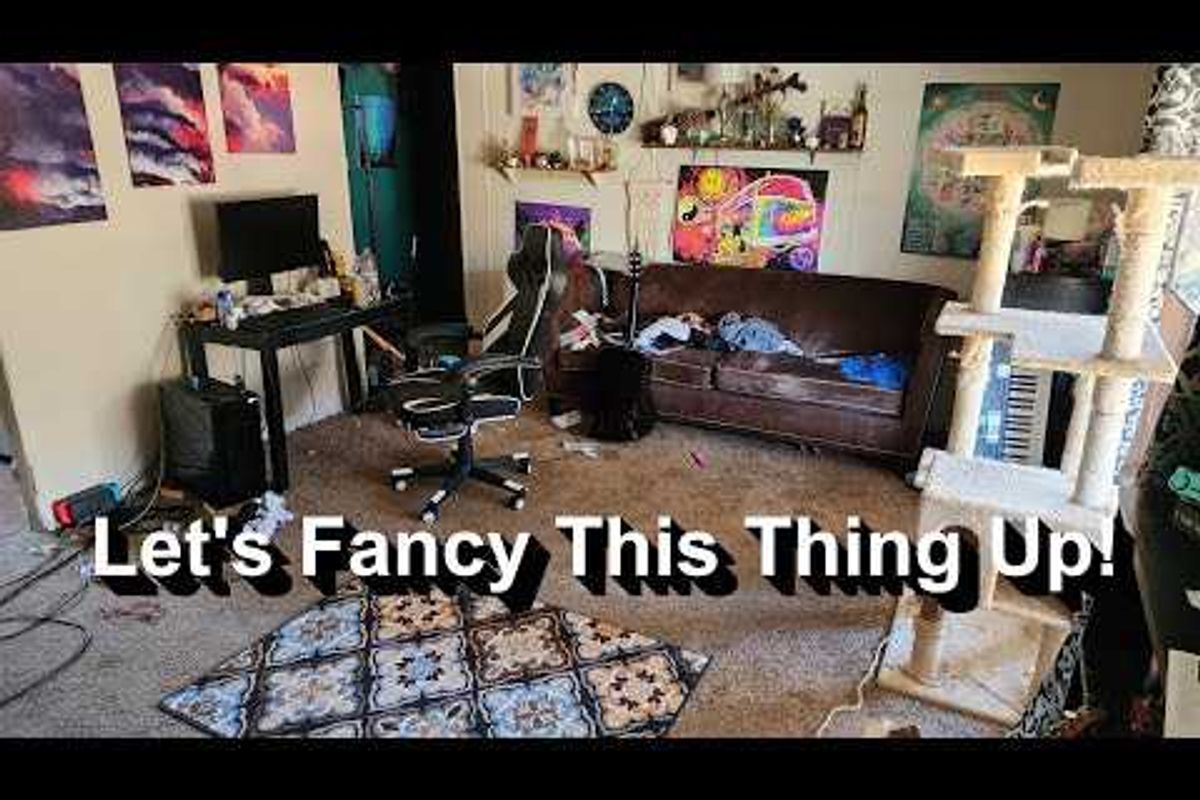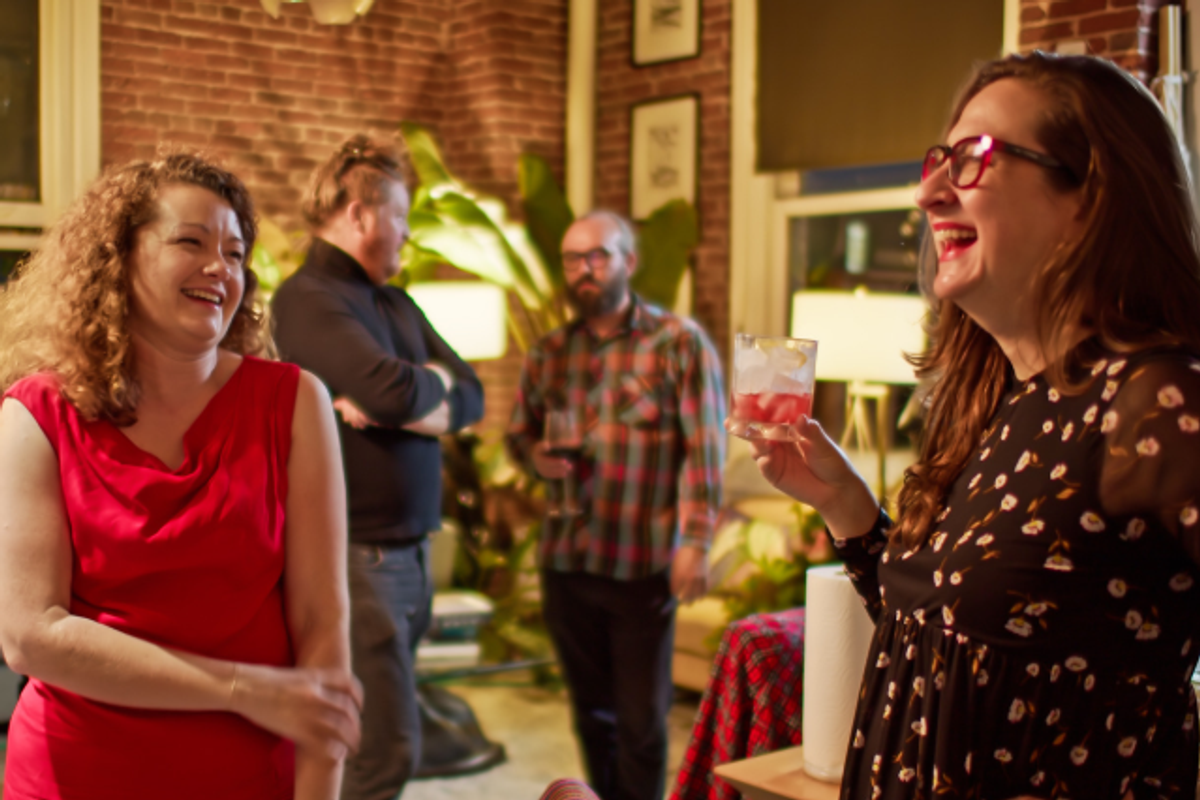From an outsider's perspective, Bethany Schrock's life looked pretty perfect.
Like many other photographers, she uses social media as her primary marketing tool, and thus fastidiously curates her work and image for these visual platforms.
Photo via Upworthy.
However, on the inside, Bethany was dealing with a lot of pain.
She had a brain tumor that was sitting on her spinal chord and optic nerve. It caused her to have seizures and even affected her ability to move the left side of her body. So while she appeared fine to most people, her invisible illness was taking an enormous toll on her.
If she didn't have surgery to remove the tumor soon, her doctors told her things would only get worse.
“If I didn’t get the surgery I would lose vision and a lot of other scary things," she says.
So Bethany went through intensive surgery to have her tumor removed, and suddenly her illness was no longer invisible.
Photo via Bethany Schrock.
However, while the experience was certainly difficult, she wasn't upset about people getting to see her pain. In fact, she embraced it.
“Having a scar was almost kind of like a badge of, ‘hey I’ve been through stuff. I am sick,'" explains Bethany.
So she started posting close up, bold photos of her scar on her social media platforms for all to see. Bethany wanted to be transparent with her audience and finally show them that beauty doesn't have to mean looking "perfect." Along with the photos, she wrote open and honest messages about health and being sick.
Photo via Bethany Schrock.
Nothing could have prepared her for the responses she received in return.
“I was overwhelmed by the amount of people who were saying, ‘hey, me too.'"
What's more, as Bethany began to recover and get back to her life, she noticed that small things, like putting on Maybelline mascara and brow gel, helped her truly embrace who she is now.
"It was the first time I finally felt like, okay, it can get better."
The whole experience inspired her to start a photography project where she photographs people who are also living with invisible illnesses.
But she doesn't just take and post their pictures — she distresses them in a way that shows the world what they're dealing inside. So for example, when Bethany photographed a woman with nerve pain, she burned parts of the photo to show what that pain might look like.
Photo via Upworthy.
“I really think pain is the number one thing that connects people," says Bethany.
Everyone deals with pain in some form or another throughout their life, but that doesn't mean they're any less beautiful for it. In fact, Bethany believes that living with pain can make you even more beautiful.
"It’s like, you’ve been through stuff," she says. "I think the people who are able to admit that are really beautiful."
Learn more about Bethany's story and work the video below:




 Curtains can help make a space feel homey and hide bad windows and trim.
Curtains can help make a space feel homey and hide bad windows and trim. Clean and tidy sets a mood.
Clean and tidy sets a mood. Lighting makes a big difference in how your home feels.
Lighting makes a big difference in how your home feels.
 A man being licked by a golden retreiver.
A man being licked by a golden retreiver.  A dog's tongue close-up.
A dog's tongue close-up.  A golden retreiver getting their teeth brushed.
A golden retreiver getting their teeth brushed. 
 Cathedral-like libraries like the George Peabody Library in Baltimore, Maryland are popular places for creative work.By Matthew Petroff/
Cathedral-like libraries like the George Peabody Library in Baltimore, Maryland are popular places for creative work.By Matthew Petroff/ The Sterling Memorial Library at YaleBy Nick Allen/
The Sterling Memorial Library at YaleBy Nick Allen/
 A woman making eye contact with a man she is speaking to.via
A woman making eye contact with a man she is speaking to.via  A man in a suit with questions.via
A man in a suit with questions.via